Coffee shop sales growth has slowed as they continue to face pressure from non-specialist retailers.
Annual coffee shop sales have slowed from 9% in 2015, when the market was worth £3bn, to 3% in 2019 when it was valued at £3.9bn, according to analysts Mintel.
Research carried out last summer among 2,000 consumers for Mintel’s Coffee Shops UK 2019 Report found that:
- 26% of consumers buy hot drinks from fast food chains such as McDonald’s
- 22% buy from a supermarket/store café
- 16% buy from traditional cafés
- 19% have not bought a hot drink outside of the home.
“Coffee shops have enjoyed robust growth in the past five years, benefiting from brands’ ability to meet consumer demand for the convenience of takeaway coffee and emergence of specialty coffee,” said Mintel senior foodservice analyst Trish Caddy, adding that growth had been boosted by high street coffee shop brands expanding in the retail, travel and leisure sectors.
“However, the market continues to face tough competition from non-specialists, such as fast food outlets and supermarkets – a situation that is not likely to ease as non-specialists continue focusing on price and convenience. With more food outlets selling low-cost coffee, coffee shops without strong food offerings will fall behind.”
Researchers also found that, although coffee is by far the most popular hot drink purchased out-of-home, tea has seen a resurgence.
Currently, 43% of consumers who drink hot drinks out-of-home drink tea, compared to 39% a year ago, according to Mintel, which also found 50% of Millennials (aged 20-39) drink tea out-of-home, compared to 40% of Baby Boomers (aged 55-73).
“The popularity of tea among Millennials is likely a reflection of the growing popularity of alternatives to the traditional cuppa. Speciality black, green and fruit/herbal/spice teas are particularly popular among 16- to 34-year-olds,” said Caddy.






















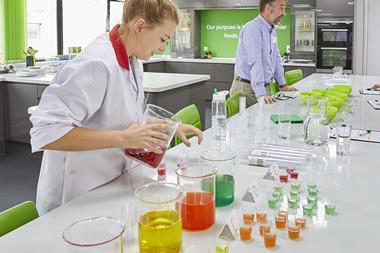
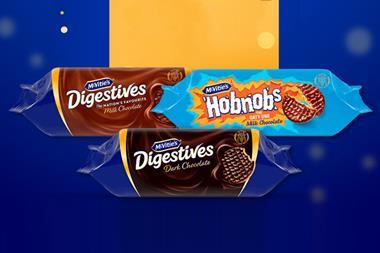
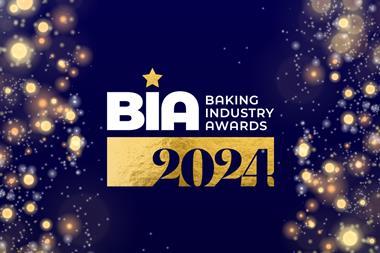
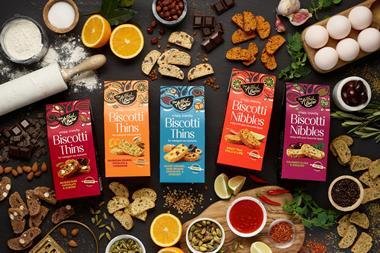
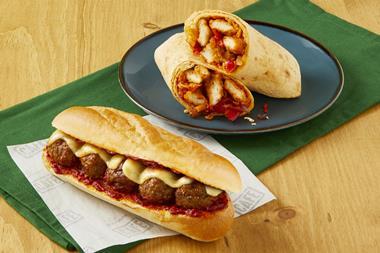
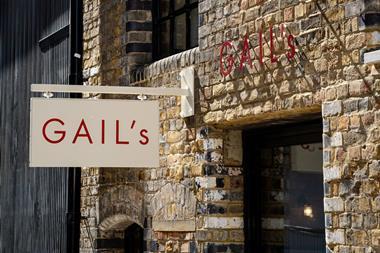
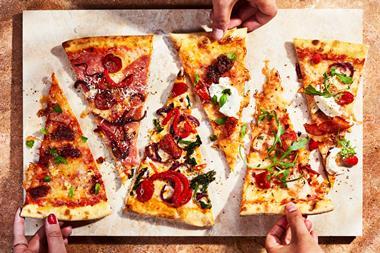
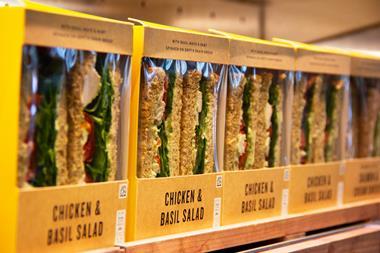
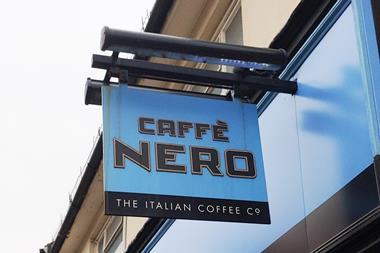
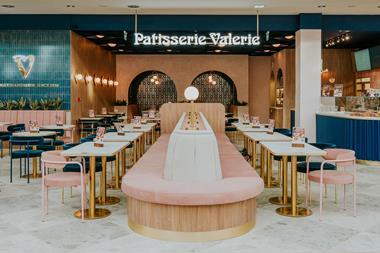
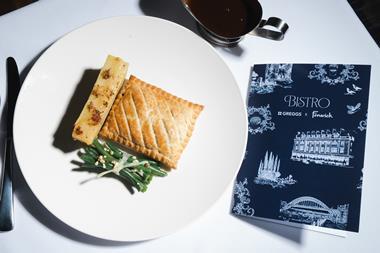
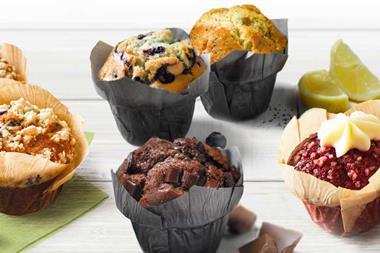

No comments yet